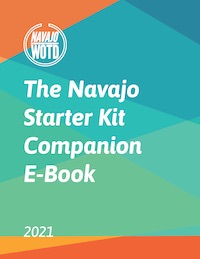k'ad
now
kah dh
K’ad means “now.” It can be used in a variety of ways. Examples: Let’s go k’ad. K’ad it’s finished. Final exams are this week — k’ad time to study. Instead of walking everywhere, k’ad I have a bike to go to class. Try using some previous words to build a phrase using k’ad. If you need help, shoot us an email! Have a great Sunday.
